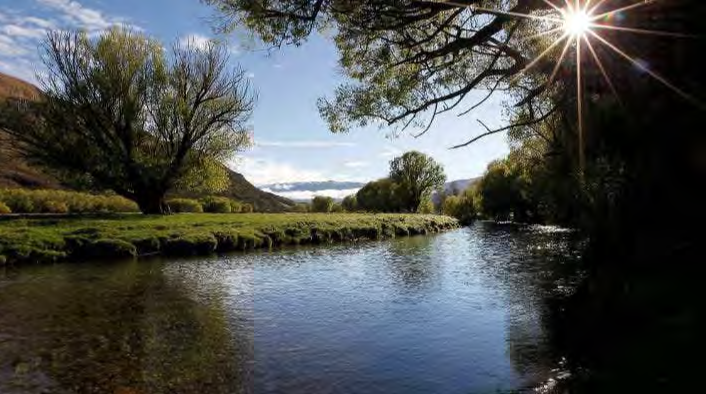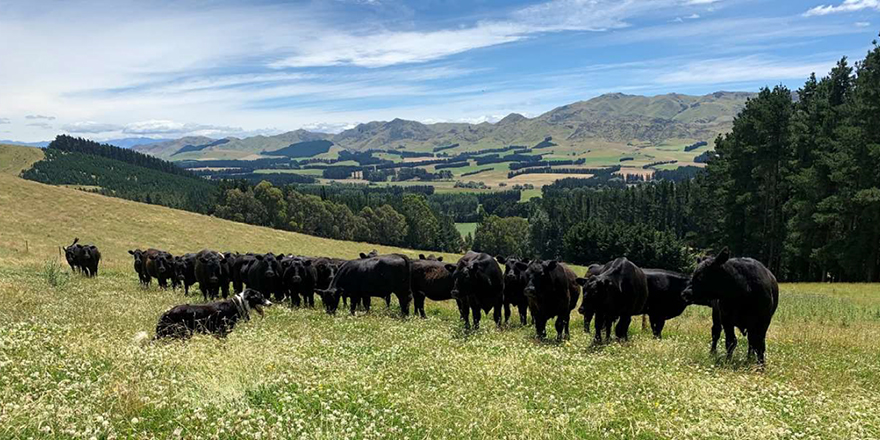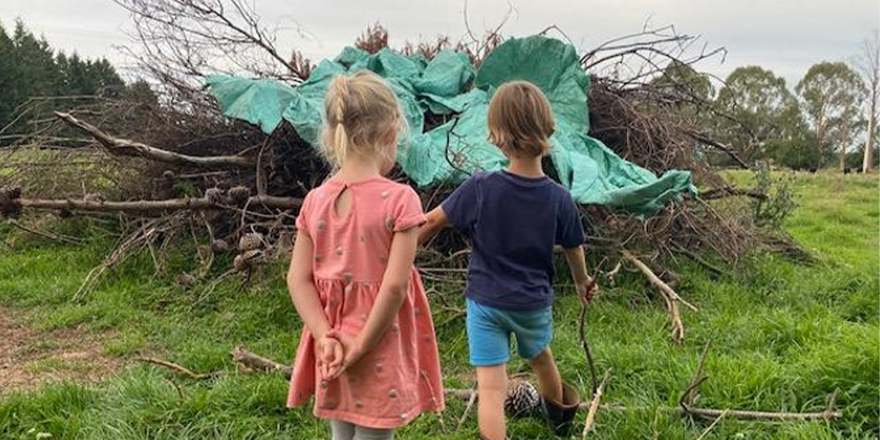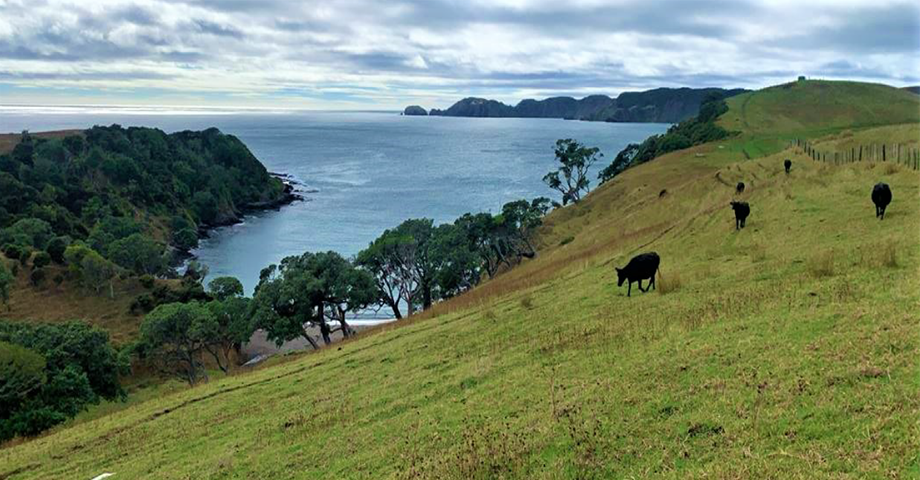
Executive Summary
It feels in recent times public perception has been increasingly negative towards the primary Industries as a result of the water quality “showdown” between farmers, government and the general public. The urban rural divide has been perceived to be greater than ever, and social media has presented a new arena for robust debate about water quality.
However, this project discovered that:
- Even though four out of five Kiwis rate water quality as their number 1 environmental concern 60% still feel positive about the primary industries.
- Water quality is giving way to other key issues growing in concern for New Zealanders like climate change, greenhouse gases, recycling, ocean pollution and more.
- New Zealanders perception on whether they feel positive or negative farming has been eroding since 2008. However, since 2017 has been improving and post Covid 19 that trend has been galvanised.
- Negative perception towards the primary industries is still largely based around Dairy’s impact on water quality.
- The dominate land use within a catchment has the biggest influence on water and ecosystem health.
- Lag time between land use or system changes made now and impacts on water quality can be upwards of 50 years depending on the natural makeup of the land scape.
- Water quality has been stable nationally over the last 10 years.
- Northland has high Dissolved reactive phosphorus in the ground and river/stream water but low nitrogen levels.
- Waikato has huge variances across the catchment but has pockets with high nitrogen and phosphorus levels.
As a result of these findings, I believe:
- Farmers need to continue forming catchment groups which involve the urban community especially in highly sensitive catchments. Forming catchment management plans with all key stakeholders will improve water quality and public perceptions.
- Industry groups need to unite as one and have one voice when lobbying central government to ensure regulation is pragmatic and has timeframes which allow for the environmental work already done on farm to take effect in water quality results.
- The industry as a whole need to continue their environmental improvements and tell their story louder and wider to ensure those not involved in the sector can understand the sacrifices and changes being made.
- Northland farmers need to focus on containment lost through overland flow to reduce phosphorus and sediment reaching water ways.
- Waikato farmers need to continue improving their nutrient efficiencies to ensure any nutrients brought into the system is required and utilised at the correct time to minimise nitrogen and phosphorus lost to the environment.




